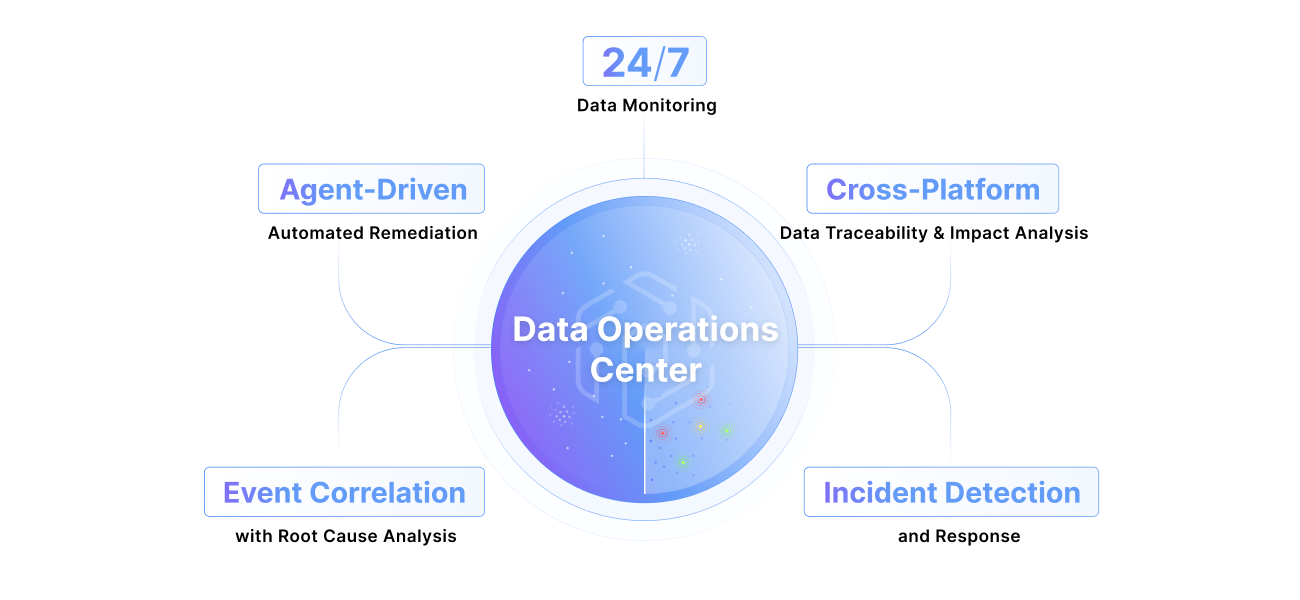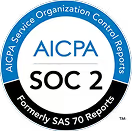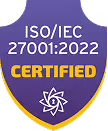How Franciscan Health Transformed a Fragmented, 12-Hospital Data Environment with Pantomath

How Franciscan Health gained end-to-end visibility into their complex data ecosystem with Pantomath, reducing manual firefighting and enabling teams to focus on strategic initiatives that drive patient care and operational excellence.
Franciscan Health, a 12-hospital integrated care system headquartered in Indiana, has provided compassionate, comprehensive care to Midwest communities for over 150 years. With a broad network of hospitals, clinics, and medical specialists spanning multiple states, the faith-based healthcare system combines innovative treatments with a mission to serve the physical, mental, and spiritual well-being of its communities.

Like many healthcare providers managing complex data environments across multiple facilities, Franciscan Health struggled to maintain data reliability in their increasingly digital healthcare landscape.
The Challenge
Franciscan Health operates in an environment that many healthcare organizations would recognize: a fragmented, reactive data ecosystem built over decades of growth and shifting technologies. Data flows through dozens of platforms, from EMR systems and ERP applications to analytics dashboards and flat-file exchanges with external partners. No single team has had comprehensive visibility into end-to-end data pipelines.
Franciscan's history as a health system compounds these complexities. They grew through mergers and acquisitions, with each region operating as a fairly standalone entity. They faced a tangled web of data processes between applications and layers; what Sarang Deshpande, VP of Data and Analytics, describes as "Band-aids on top of Band-aids."
When data discrepancies arose — whether the CFO noticed inconsistencies in daily revenue reports or clinical teams saw outdated metrics — teams would scramble to identify root causes through manual investigation. That often meant hours of detective work and emails at odd hours. Issues were frequently discovered by end users rather than IT teams, creating a cascade of problems: loss of confidence in the data, inefficient resource allocation, and delayed decision-making across the organization.
The situation became particularly challenging post-COVID, as healthcare systems faced severe resource constraints and pressure to do more with less. Teams spent more time firefighting data issues than delivering value, and leadership couldn't fully trust the data driving critical decisions.
The Solution
Recognizing that their fragmented approach to data management was unsustainable, Franciscan Health partnered with Pantomath to implement end-to-end data observability and automated incident response. The decision came after Deshpande's team acknowledged a fundamental truth: they needed visibility into their entire data landscape before they could effectively manage it.
Pantomath provided Franciscan with their first complete view of data flows across all systems, from EMR to billing applications to analytics platforms. Cross-platform lineage mapping revealed previously hidden dependencies and vulnerabilities in the data architecture.
“Typically I'm skeptical when it comes to vendors. None of that has come to pass with Pantomath. I've been a great fan of everything we've been able to do, how quickly bugs get resolved. They're just a call away. I love our relationship, and I think my team has come to appreciate that. In fact, we’re already thinking, what more can we do?"
For the first time, teams could see how data moved through their environment and understand the downstream impacts of any changes or failures.
Pantomath's monitoring capabilities mean Franciscan’s teams can detect data quality issues, job failures, and pipeline delays in real-time. Automated alerts notify the appropriate teams before problems impact clinical operations or financial reporting.
When issues do occur, Pantomath's traceability features allow teams to quickly pinpoint the source of problems across their complex, multi-platform environment. What previously required days of manual investigation now takes mere hours.
Beyond the immediate operational benefits, Franciscan used Pantomath as a catalyst for broader cultural and process transformation. They standardized incident response procedures, created accountability frameworks for data quality, and began integrating with their existing ServiceNow incident management system. This shift from ad-hoc problem-solving to systematic data operations has freed up resources for more strategic work.
“[Before Pantomath] we had absolutely no visibility. Just having visibility into what's involved and then getting into the metadata, understanding where all the different vulnerabilities are…That has been – and is going to continue to be – a major part of our planning effort."
As Franciscan plans their migration to a modern, cloud-based data infrastructure over the next 12-18 months, Pantomath provides the visibility needed to map dependencies, prioritize migrations, and ensure continuity during the transition. The platform has become what Deshpande calls "observability as a service" — providing business units with the autonomy to own their data while maintaining the safety net of real-time visibility and automated monitoring.
The partnership has fundamentally shifted Franciscan from reactive firefighting to proactive data management, enabling their teams to focus on strategic initiatives that directly support patient care and operational excellence. As Deshpande reflects, "We don't want to add FTEs sitting there monitoring day in and day out. We have a platform that can do that for us automatically, and with relatively low barrier costs, it wasn't very difficult to justify the investment."
Learn More
With Pantomath’s end-to-end data observability and traceability platform, Franciscan Health has the visibility they need to detect issues before they occur and better understand their data.
If you are concerned about visibility and reliability and would like to learn more, schedule a demo with Pantomath’s expert team.







